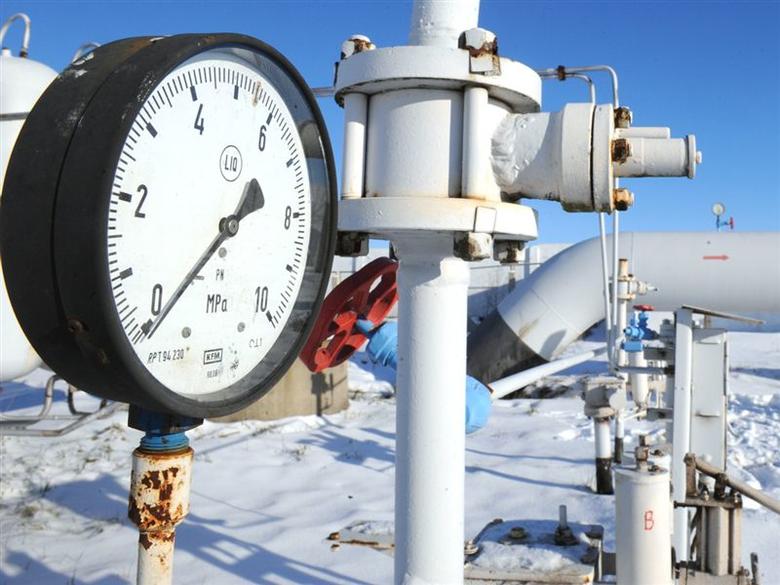
FITCH: EUROPE WOULD BE HARD

A ban on Russian gas imports to the EU would cause substantial disruption to Europe's economy and industry, Fitch Ratings says. In the immediate aftermath, the region would suffer from gas shortages and high prices due to its limited ability to reduce demand, source alternative supplies and transport gas to the most affected countries. A surge in gas prices after a ban would probably also have knock-on effects on electricity, coal and oil prices. Industry would bear the brunt of supply shortages as household demand would be given priority.
A lengthy ban on Russian gas is a low-probability, but high-impact scenario. Russia supplies around 27% of Europe's gas and, given the high cost a ban would impose on all sides, we believe it would take a severe deterioration in the Ukraine crisis for it to happen. A temporary disruption just affecting gas supplies via Ukraine is a more likely scenario, for which Europe is better prepared due to high reserves and the recent opening of a new pipeline from Russia to Germany.
In the event of a lengthy ban imposed by either Europe or Russia, gas-intensive sectors such as steel and chemicals would be most affected. This would accelerate the closure or mothballing of capacity that is suffering from low profitability due to competition from low-cost energy jurisdictions such as the US or Middle East. In particular, issuers without geographic and product diversification would be most at risk of adverse rating action.
In 2013 Russia supplied 145bcm of gas to Europe, which would have great difficulty in sourcing alternative supplies. Increased European gas production and North African piped gas could offset a small proportion of this. Tapping into the global LNG market would yield limited volumes as Europe's Russian gas demand equates to nearly half of the world's LNG production, which is already mostly tied to long-term supply contracts. Hence, gas and other energy prices could surge.
In theory, Europe has plenty of unused LNG regasification capacity, which could help replace some Russian supplies. But the majority of plants are located in Southern Europe and the UK, far away from the Central and Eastern European countries that are most reliant on Russian gas. The European gas networks suffer from bottlenecks, which limit the ability to transport gas across borders. Demand reduction initiatives would only be of limited benefit. Japan was able to reduce power demand by 4.7% following the Fukushima disaster, but this was partly weather-related and achieving that level of reduction across 28 countries with their own agendas and exposures would be far harder.
reuters.com





